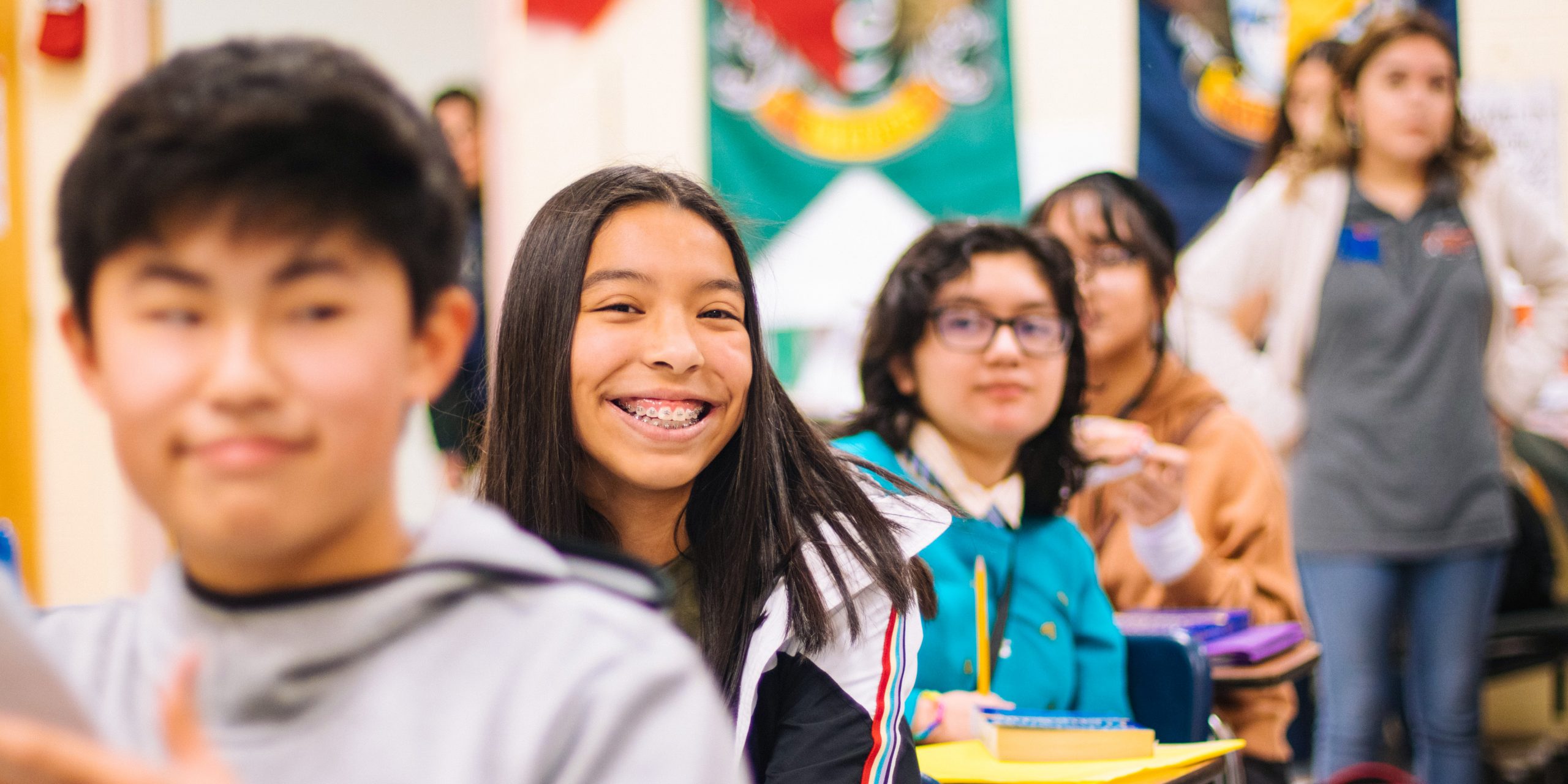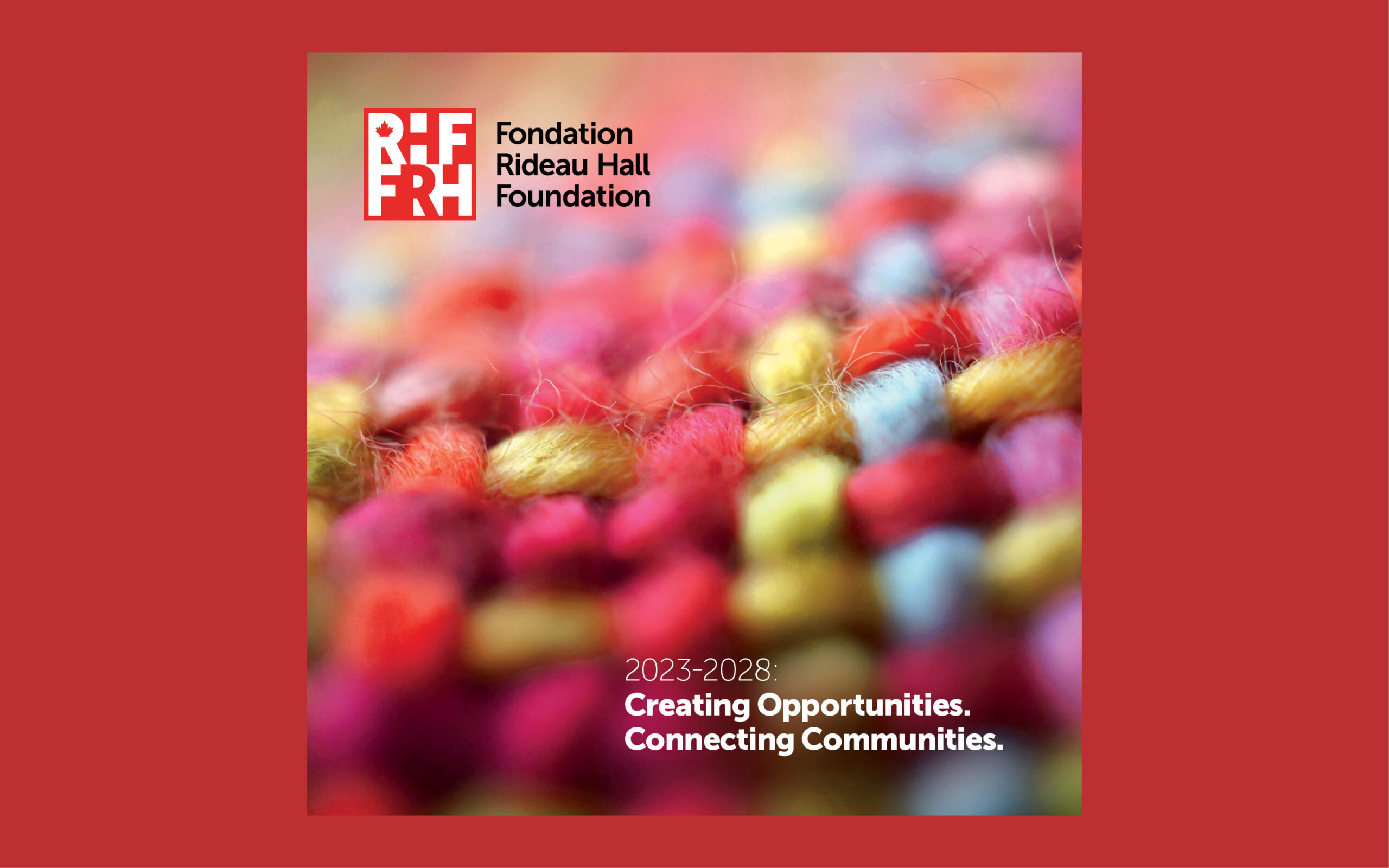Most Canadians are rightfully proud of our country’s high levels of education. Canada has typically ranked highly in post-secondary attainment compared to other countries around the world. For example, in 2016, 54.0% of Canadians aged 25 to 64 had either college or university qualifications, placing Canada first among the Organisation for Economic Co-operation and Development (OECD) countries in the proportion of college and university graduates.
But while many young Canadians receive an education beyond high school, these opportunities are not spread equally across the country. Significant gaps persist in the post-secondary participation and attainment rates of young people from various groups, including those with a lower family income, those living in rural areas, some ethnic minority groups, and Indigenous youth in particular. Only 10.9% of Indigenous people in Canada aged 25 to 64 had a bachelor’s degree or higher in 2016, and 23% of Indigenous people had a college diploma.
According to a 2017 report from the Higher Education Quality Control Council of Ontario (HECQO), Canadian-born students living in lower-income neighbourhoods are least likely to register in college or university. Close to 45% do not pursue any post–secondary education at all. Statistics Canada reported that nearly 12% of Canadians aged 20-24 were “not in employment, education or training” (NEET) in 2019. Groups of vulnerable and disengaged youth continue to experience specific, multiple, and systemic barriers.
The COVID-19 pandemic has risks entrenching these barriers, deepening their impact on many communities across the country. What’s more, barriers to post-secondary education tend to intersect. For example, a racialized person may also face financial barriers, or may not have the information and personal networks required to adequately navigate the post-secondary system. Access to information and mentoring are as important as affordability. Community interventions aimed at effecting system-level change have been shown to be key to increasing impacts. Evidence supports that investing in a pan-Canadian approach towards collaboration and innovation within and across institutions, community groups, employers, governments and foundations will yield significant positive results. To effect this change, the Rideau Hall Foundation and key partners have launched Catapult Canada, a national platform that will channel resources to support communities and organizations build know-how, capacity, funding, evaluation frameworks, partnerships, infrastructure, all to increase equity of educational access for youth. For smaller organizations and communities, Catapult will reduce their isolation and connect them to a broader community of success and knowledge sharing. At the same time, larger organizations can extend their reach into new or smaller communities, providing key insights and supports while also improving their own practices.
The platform will also serve as a base for other Catapult Canada activities, such as an innovation fund and, eventually, a mentoring/coaching resource for communities and youth–serving organizations. Catapult Canada is powered by the Rideau Hall Foundation.



